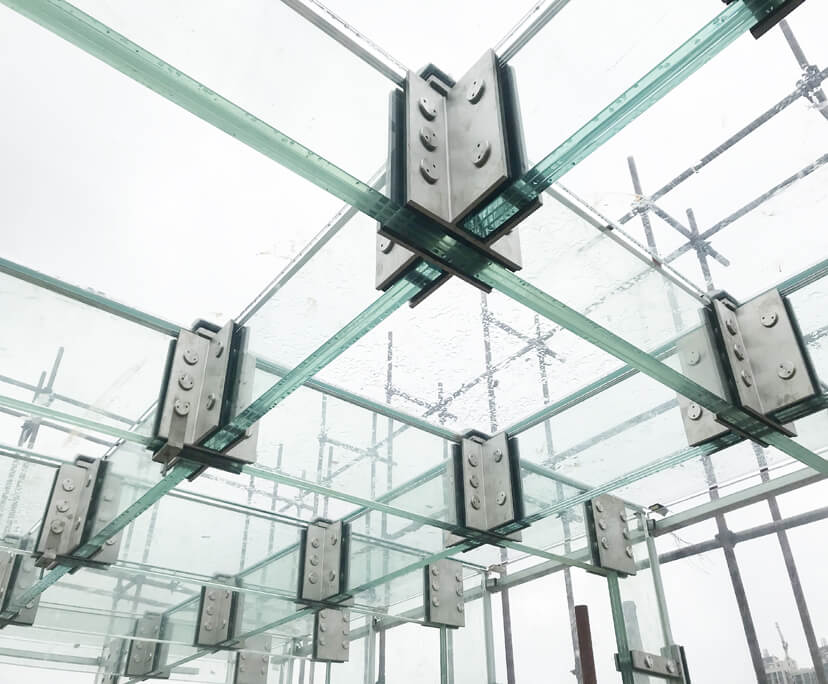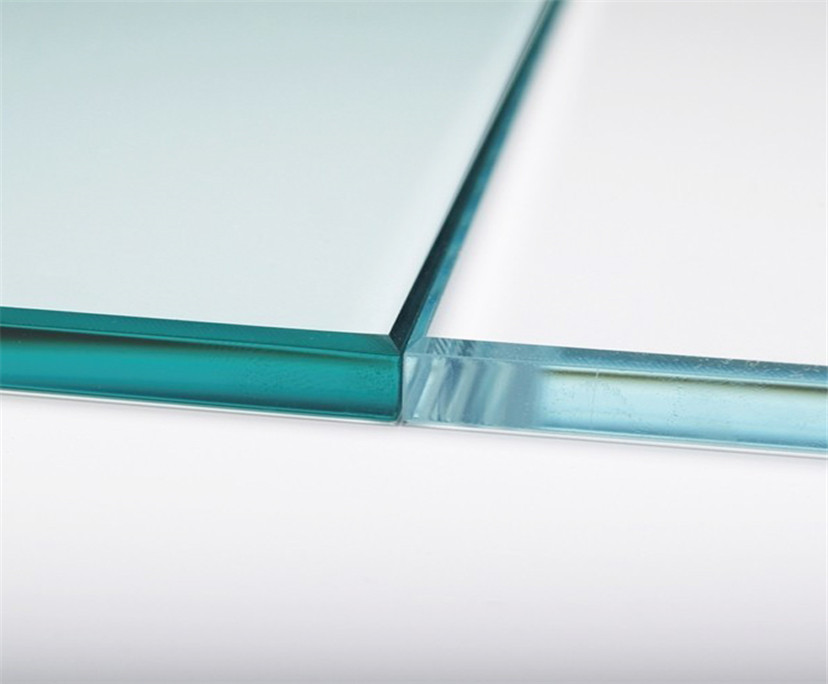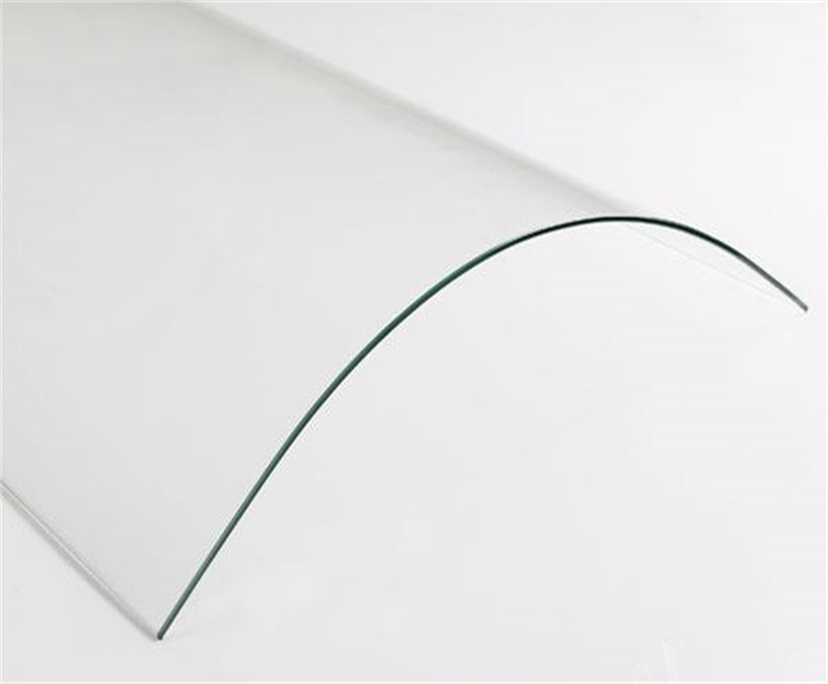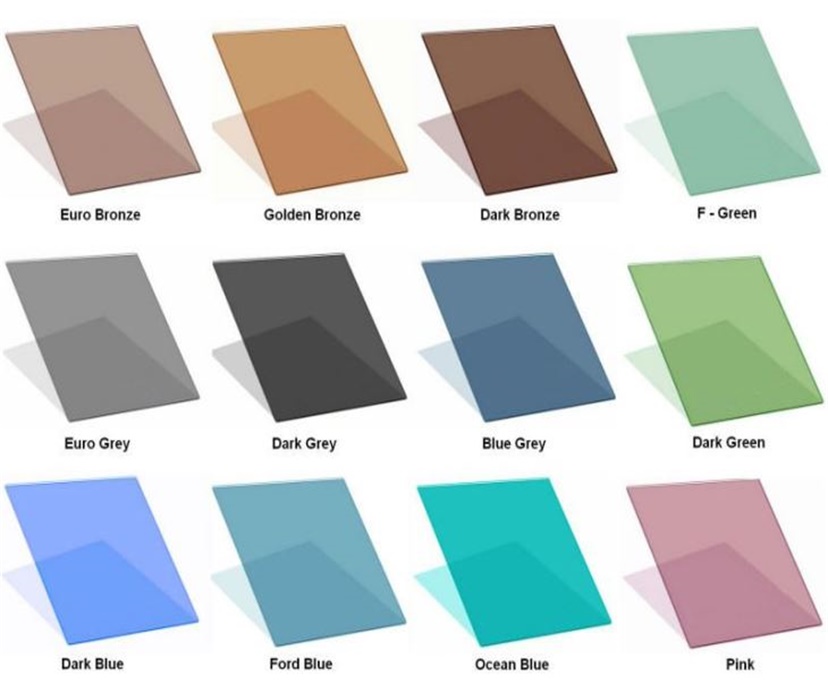Exploring the Infinite Possibilities of Ceramic Glass: A Comprehensive Analysis from Production to Application
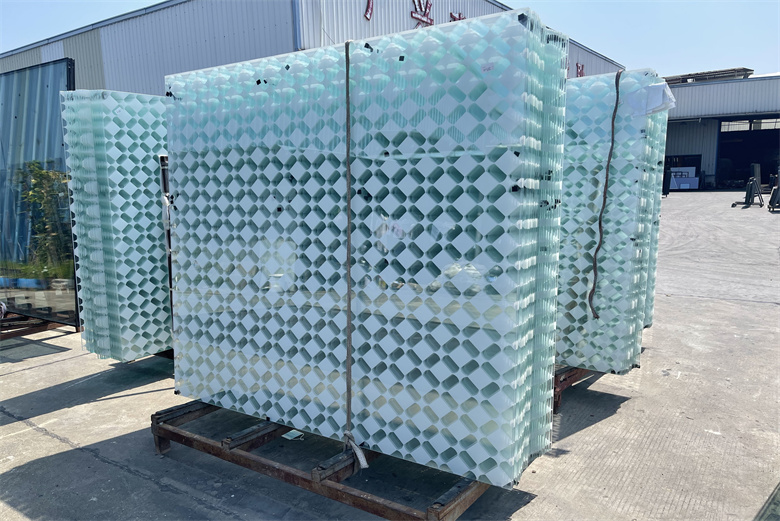
Ceramic glass, also known as glass-ceramic, is a type of material that combines the properties of both ceramics and glass. It is a versatile material that has a wide range of applications, from decorative items to high-tech components. In this article, we will explore the infinite possibilities of ceramic glass, from its production to its various applications.
Production Process
The production process of ceramic glass is a complex one that involves several steps. The first step is the preparation of the raw materials, which typically include silica, alumina, and other oxides. These materials are mixed together in a specific ratio and then melted in a furnace at high temperatures.
After the raw materials have been melted, the mixture is cooled down slowly to form a glass. This glass is then heated again to a higher temperature to induce the crystallization process. The resulting material is a glass-ceramic with a unique microstructure that combines the properties of both ceramics and glass.
Properties of Ceramic Glass
Ceramic glass has a number of unique properties that make it a desirable material for various applications. It is highly resistant to thermal shock and can withstand sudden changes in temperature without cracking or breaking. It is also highly resistant to scratches and abrasions, making it a durable material for daily use.
In addition, ceramic glass is highly transparent and can be made in a variety of colors. It is also an excellent insulator, making it ideal for use in high-temperature applications.
Applications of Ceramic Glass
Ceramic glass has a wide range of applications, from decorative items to high-tech components. One of the most common applications of ceramic glass is in cookware, where it is used to make heat-resistant glass-ceramic cooktops and baking dishes.
Ceramic glass is also used in the construction industry, where it is used as a building material for facades, walls, and windows. Its high transparency and durability make it an ideal material for use in large windows and skylights.
In addition, ceramic glass is used in the electronics industry, where it is used to make substrates for electronic components and high-temperature insulation materials. It is also used in the aerospace industry, where it is used to make heat-resistant components for spacecraft and satellites.
Conclusion
In conclusion, ceramic glass is a versatile material that has a wide range of applications. Its unique properties make it an ideal material for use in cookware, construction, electronics, and aerospace. The production process of ceramic glass is complex, but the resulting material is a glass-ceramic with a unique microstructure that combines the properties of both ceramics and glass. As technology advances, the possibilities for ceramic glass will continue to expand, making it an exciting material to explore and experiment with.


